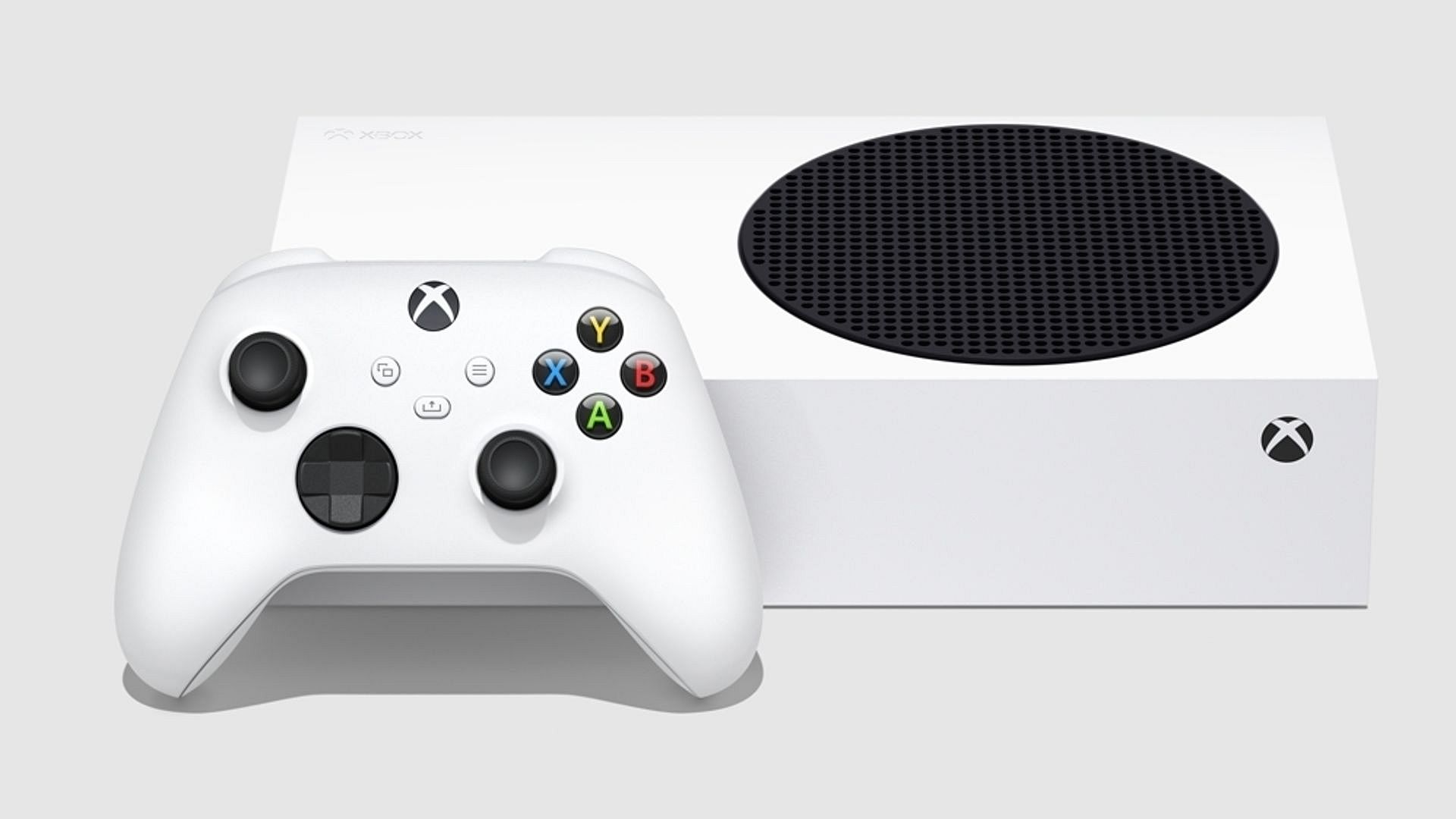[ad_1]
^ Stay tuned for Jim’s video opinion piece on how good the Series S really is.
There is a pernicious rumor that the humble xbox s series, the cheapest next-gen console on the market, is somehow causing other, better machines to be compromised by unnecessary frame rate caps. How the rumor started is a bit complicated, but I’ve explained it all in the attached video. And, look, here’s the thing: it’s a bunch of crap.
If anything, if the Series S were responsible for reducing the overall complexity of next-gen games compared to what they could achieve were it not a factor, then large machines would, it stands to reason, have plenty of headroom for performance boosts. . But that is not what is happening.

It’s certainly not happening in the case of Gotham Knights, which started this whole ridiculous mini-controversy by launching without any performance mode despite being a next-gen exclusive. This is due, we’re told, to the complexity of the game… which was originally slated for PS4 and Xbox One, but those versions were cancelled, and the game we got feels decidedly cutting-edge and can barely keep up with speed. stable frames despite everything. Go figure.
The Series S is a next-gen machine in every way that counts: specifically, its super-fast NVME storage and beefy CPU, both of which are basically identical to its big brother, and on par with the PS5 in terms of raw . numbers. It has a less impressive GPU and not as much RAM, but this is a compromise meant to bring the price down as much as possible with the concession that this machine is intended for use with next-gen TV screens and 1440p monitors. It’s not supposed to compete with premium consoles and the big three PCs, it’s supposed to be cheap, cheerful, and “good enough” for the average user. Which.

It also represents a significant advance in terms of the basic specs of gaming hardware that people tend to have in their homes, namely the entry-level PS4, a work machine that is still going strong due to several factors (as explored in the video above) but is crippled by a slow HDD and lackluster CPU – both are drag factors with next-gen machines, including the Series S, being designed to negate.
With millions of users who, for whatever reason, still can’t or won’t upgrade from the next-gen machine or low-spec PC they’re currently using (not to mention machines like the Nintendo Switch and Steam Deck), it seems rude to blame the Series S for lowering the minimum specifications that studios must meet when, in any case, it would seem to be raising the average.
Some developers still feel that Microsoft’s requirement to support the Series S with every Xbox release, preventing them from dividing the user base, is limiting their style. But if they’re so determined to artificially cut their market in half, there’s nothing stopping them from making their games exclusive to other platforms.
That’s capitalism, honey. The freedom to choose!
[ad_2]